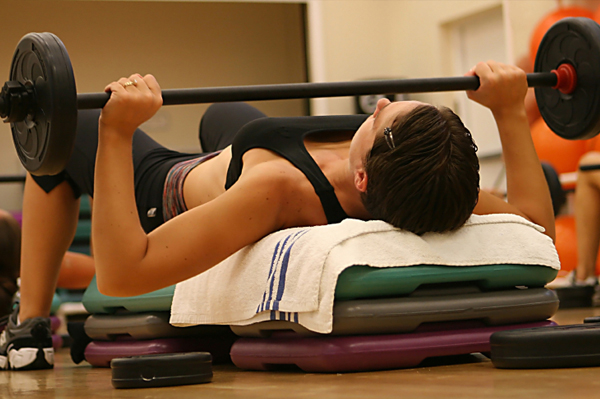Do I Have a Personal Injury Case If I Was Injured at the Gym?
Now that it’s almost beach season and wearing a bathing suit is a real possibility, a lot of people are flocking to the gym in hopes that a few more late spring workouts will ease the pain of getting into last year’s bikinis. And while going to the gym more is certainly an excellent way to get in shape and to challenge yourself physically, there is always the possibility of injury when working out. Some common causes of injury at the gym include inadequate spacing, unsanitary conditions, dangerous equipment, and unclear instruction. If you do get injured while at the gym, there are several factors to consider as to whether or not you can move forward legally.
Some gyms may require you to sign forms before you join, and one of these forms may have been a waiver of liability. Because heavy lifting and cardiovascular exercise can easily lead to injuries, gym owners try to protect themselves from lawsuits by asking members to waive liability. If you did sign a liability waiver, whether or not you can sue will depend on what kind of waiver it is.
A total waiver of liability means that the gym is free of all liability for any injury occurring on the premises. While this seems like this would present an insurmountable obstacle for your case, some courts have found them to be unenforceable if they are overly braod. Therefore, the wording of this waiver will be important. If you have signed a waiver for negligence, then this will prevent a gym member from suing for injuries caused by accidents or other acts of negligence. These are typically able to be enforced in courts. A waiver of liability for intentional acts will protect the gym against being sued for intentional or reckless conduct that hurts someone, however in general these waivers are against public policy and are unconscionable for courts to enforce. An example of this would be if the gym owner knew that a machine would collapse on the next user, but did not warn against using that machine or make any attempts to fix it.
One way that you could sue your gym from injuries that you sustained there would be under premises liability claims. Since the gym is a business, it has a duty to make sure that the facility is safe for its members. This means that the owners are responsible for inspecting the facility for defects, and are responsible for correcting it once a defect is discovered.
Even if you did sign a waiver of liability, there are certain situations in which you may be able to get around it. If the language of the waiver is vague and ambiguous, meaning that the language is so confusing that a gym member would not be able to understand its terms, then a judge may decide to set aside the waiver. This would allow a claim against the gym to be pursued. Another way to get around the waiver is if the incident that caused the injuries were from gross negligence. Gross negligence is the reckless disregard for the safety or lives of others, a disregard that is so great that it appears to be a conscious violation of another person’s right to safety. If the gym or a gym employee was grossly negligent, you might be able to pursue a claim against the gym, despite the waiver of liability. Some examples of gross negligence include a gym that did not have an automatic external defibrillator (AED) on hand, and a failure to repair broken equipment.
One potential obstacle to be aware of is that if you are suing a gym, they will assert the defense that you assumed the risk involved of some of the harmful activities. For example, if you were playing a violent game of touch football at the gym, or if you were lifting weights in excess of 200 pounds with nobody around, the gym will argue that you knew that these activities involved a great deal of risk and that the gym is not responsible for your injuries.
If you or a loved one was injured at the gym, you should seriously consider bringing forth a claim against the gym. The New Jersey Lawyers for injuries at the Clark Law Firm, P.C., are experienced in cases involving personal injuries of all kinds, including ones that involve waivers of liability. We would be happy to use our zealous advocacy skills to assist with your case so that you can focus fully on recovering from your injuries and maintaining a healthy lifestyle.
Contact us today to discuss your unique situation.


